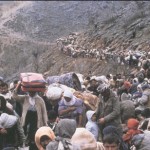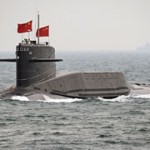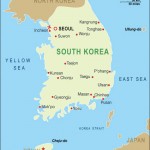– A good friend of mine sent me this article saying, “Interesting article on natural gas“.
– It is, indeed, an interesting article but I saw it in a different light than many perhaps do.
– My response to my friend:
—
D,
An interesting and potentially game-changing story, indeed.
But, it is a classic case of humanity’s inborn tendency to jump at the short term relief without fairly balancing it against the long-term consequences.
To see the consequences, I’d like to see someone make the assumption that ALL the fossil fuel we burn from here forward is this cleaner gas.  And, to be really fair, we can drop all considerations of the collateral damages associated with obtaining the gas that were mentioned in the article.
Just assume that the world will continue growing and producing and have more babies and all the rest of it for the next 20 to 50 years – all largely fueled by this gas.
The analysis should show what will happen to the CO2 levels in the atmosphere from consuming just this gas. And then it should consider the consequences of this change in CO2 levels on global weather, ecosystems, environmental refugees, depleted glaciers and winter snow packs, increasing desertification, species die-offs and an entire host of follow-on consequences that will attend continued rising of global CO2 levels.
Short-term thinkers are enthusiastic about these new gas producing technologies because they allow us, for the moment, to avoid having to deal with the really tough long term questions regarding what we have to do to get into a sustainable long-term homeostatic balance with the planet’s ecosphere.
Long term, it’s really the only question that matters much.
Everything else is an avoidance or a denial that only take us further down the road wherein we do not solve this problem and cause a major crater in the Earth’s evolutionary history; killing many species, altering the weather for tens of thousands of years and killing the majority of the human beings alive and reducing the ones that survive to miserable circumstances.
Not an insignificant outcome – and all the more terrible because, difficult as it may be, we could avoid most of it if we had the grit and the will to do so.
Dennis


